Parents have an important role in shaping the lives of their children. The words they say to their children carry immense weight in their development. The way parents communicate with their children significantly impacts their self-esteem, confidence, and overall emotional well-being.
While it’s normal for parents to make mistakes, it’s essential to be mindful of the things they say. Here, we’ll explore certain things parents must avoid saying to their children to ensure a healthy parent-child relationship.
1. “Stop crying”
By saying this, parents suppress their children’s emotions by dismissing their tears. This can hinder their emotional development in the long run. Every child deserves to express his or her feelings openly and be comforted when he or she is upset.
By allowing children to express their emotions, parents can teach them healthy ways of coping. They can also foster empathy and emotional intelligence by letting their children express themselves freely.
2. “You’re good for nothing”
Such words of discouragement can leave a lasting impact on a child’s self-esteem. Telling a child that they are not good for anything can seriously undermine their sense of self-worth. Instead, parents should focus on recognizing their child’s efforts. They must praise the achievements of their children and offer constructive feedback to help them grow.
3. “You’re so lazy.”
Negative labels can find a way into a child’s self-perception. Constantly labeling children as lazy, clumsy, or forgetful can lead to a self-fulfilling prophecy. Instead, parents should focus on encouraging their children’s strengths and providing guidance. They must teach them resilience in the face of challenges.
4. “Why can’t you be like your (brother/sister/friend)”
Comparing children to their siblings or friends can create resentment and a sense of inadequacy. Every child is unique with a special set of talents and abilities. Instead of making comparisons, parents should celebrate their children’s individuality. They must help them develop their unique strengths and interests.
5. “You’re overreacting”
Invalidating children’s emotions can make them feel misunderstood and lead to emotional distancing. Parents should strive to create a safe space where their children feel comfortable expressing their feelings. Validating their emotions and helping them understand and manage their reactions is crucial for developing their emotional intelligence. It also goes a long way in strengthening the parent-child relationship.
6. “You’re a failure”
Using such harsh and demeaning language can have long-lasting negative effects on a child’s self-esteem. Parents should provide a supportive and nurturing environment, emphasizing that failures are part of the learning process.
Encouraging resilience, perseverance, and growth mindset can help children bounce back from setbacks. This also develops a healthy attitude in them towards their challenges.
7. “I’m disappointed with you”
Expressing disappointment without providing guidance can leave children feeling helpless and disconnected from their parents. Instead, parents should communicate their expectations clearly and support their child in achieving their goals. When mistakes happen, parents should focus on understanding what went wrong and help their child learn from the experience.
A small piece of advice for parents
The words parents choose can either empower or demoralize their children. By avoiding harmful phrases and adopting positive communication strategies, parents can ensure their children’s overall development. Building a strong foundation of trust, empathy, and encouragement will strengthen the parent-child relationship. It will also empower children to become confident, resilient individuals.


